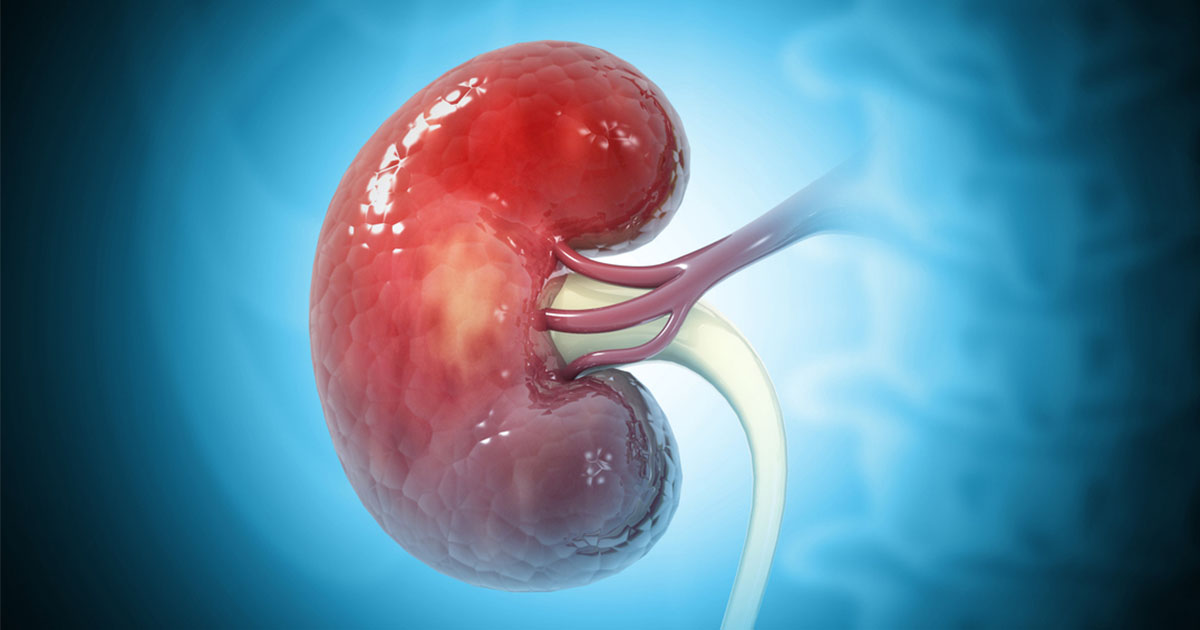The 8-Week Blood Sugar Diet (Mosley, 2015) was one of a number of “diet-related” books I read during 2016 and was the one that really prompted me to re-evaluate the dietary advice I give to my patients. The author’s discovery of Roy Taylor’s work provided much of the impetus for changing his lifestyle and writing the book.
Like many colleagues, I was guilty of telling patients that type 2 diabetes (T2D) is a life-long condition that would likely progress over time and could be controlled but not cured. I was, however, fascinated by Professor Taylor’s research using very-low-calorie diets to reverse diabetes (Steven and Taylor, 2015). Whether this approach could be translated into everyday clinical practice is another matter, so the authors embarked on the Diabetes Remission Clinical Trial (DiRECT) to find out. Results published at the end of 2017 are very promising (Lean et al, 2018). After 12 months, almost half (45.6%) of those taking part in DiRECT were in remission (defined as having HbA1c of ≤48 mmol/mol [6.5%] without any T2D medication for at least 2 months). Twenty-four per cent of participants had lost >15 kg of body weight. Almost nine out of 10 people (86%) who lost ≥15 kg, over half (57%) who lost 10–15 kg and a third (34%) who lost 5–10 kg put their diabetes into remission.
There is a clear link between T2D remission and weight loss, and these results have the potential to change the way T2D is viewed and treated. For some people, T2D may not be the lifelong condition we believed it to be. I hope that, in the longer term, the outcomes remain so positive, because the sustainability of any behavioural change is the key to lasting success.
I totally agree that we need longer-term data but, in the meantime, I feel there is much more I can do to support the patients I see who are ready to make dietary changes and lose weight.
An appealing option
What appeals to me about The 8-Week Blood Sugar Diet is that it draws on the personal experience of one man who was shocked to discover he had T2D, but was determined to reverse it through diet (interesting, given that Mosley trained as a medic!).
The book is quite easy to read. It explains in relatively simple terms the mechanisms that lead to T2D (Taylor, 2013). The diet is not extreme, in that no food group is “banned”. The book encourages a low-carbohydrate, Mediterranean style of eating and there are options from which people can choose to suit their lifestyle (detailed in Clare Bailey’s article). The flexible approach is important. I suspect quite a few patients would struggle with 8 weeks of 800 kcal per day, but this is not the only option.
Changes in my practice
Over the past 18 months, I have devoted more time in my diabetes reviews with patients to talk about their food choices and the impact this has on both blood glucose levels and weight. It is a much more structured discussion, with emphasis on carbohydrate awareness. I use the resources available at www.carbsandcals.com to help individuals work out how many calories and how much carbohydrate they are eating. We purchased 10 copies of The 8-Week Blood Sugar Diet and the Carb & Calorie Counter (Cheyette and Balolia, 2016), which I loan out to patients.
I have been surprised and encouraged by the receptiveness of my patients. I recently audited the outcomes of this new approach in 32 patients and found that 78% had reduced their HbA1c by ≥10 mmol/mol (0.9%). Of the 25 patients achieving this, only seven had been commenced on blood glucose therapies. Thus, in the majority of this group, the HbA1c reduction could be attributed solely to lifestyle changes. In addition to this, 53% had achieved significant weight loss (i.e. at least 5%). Of the 17 patients achieving this level of weight loss, only four had been commenced on blood glucose-lowering therapies that may have contributed to this. Thus, the weight loss had been achieved purely by lifestyle changes in 13 patients in this group. More details about my findings will be provided in a future article in this journal, so watch this space.





Satish Durgam reviews who will be eligible to receive tirzpepatide for weight management and when.
24 Apr 2025